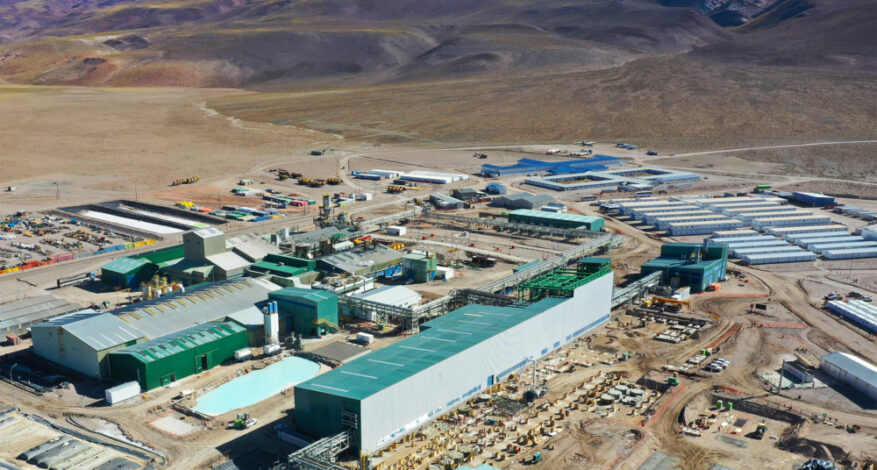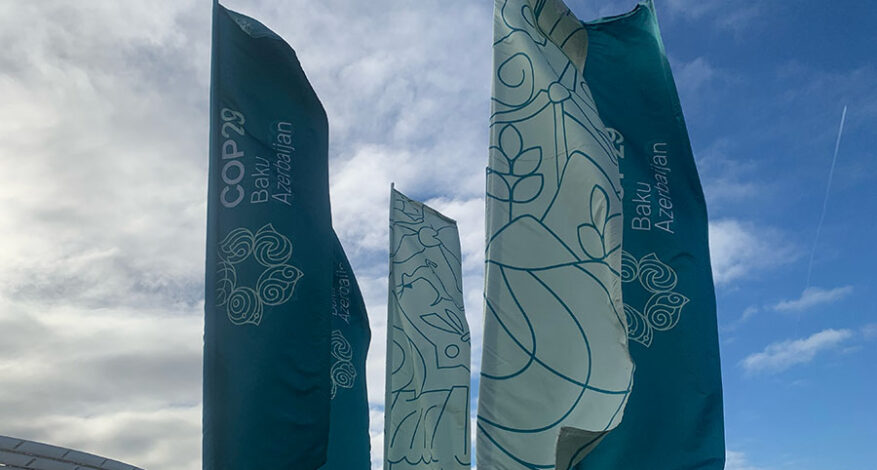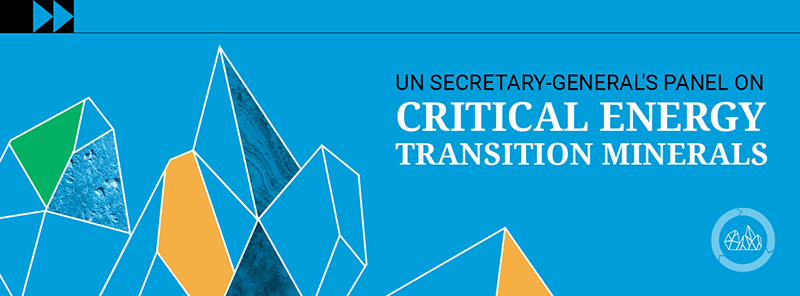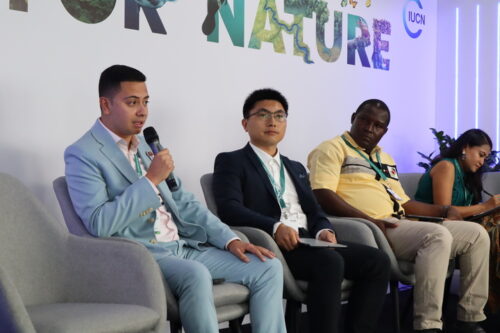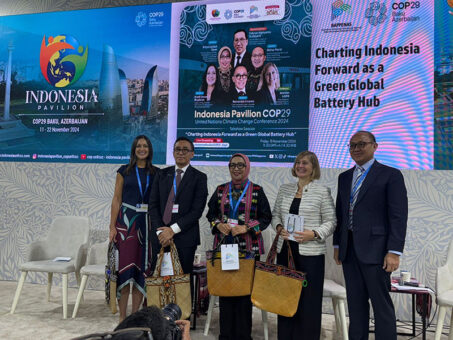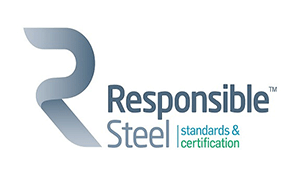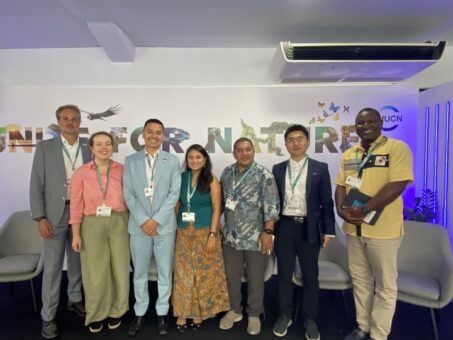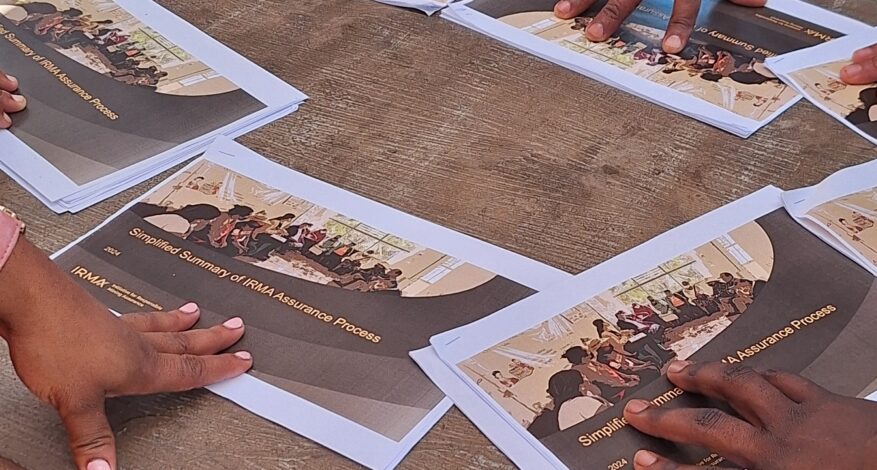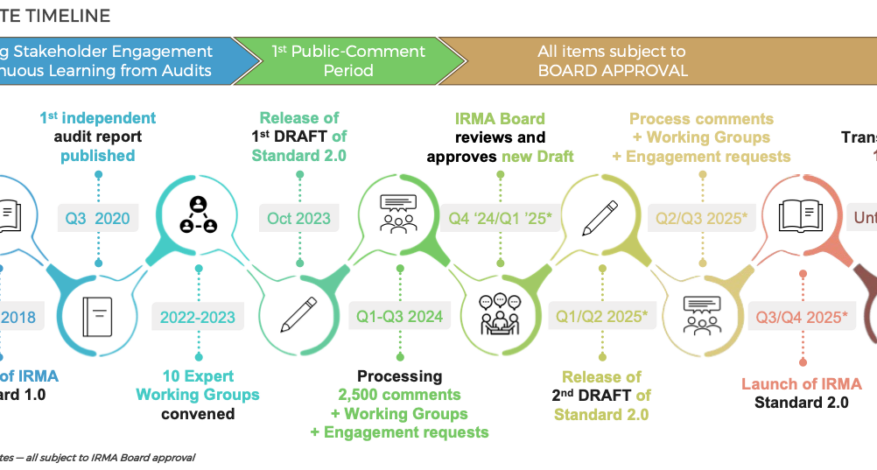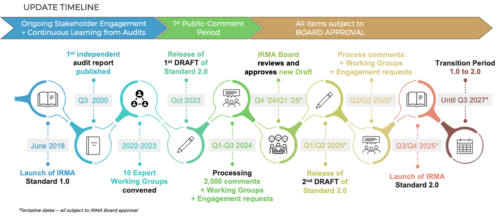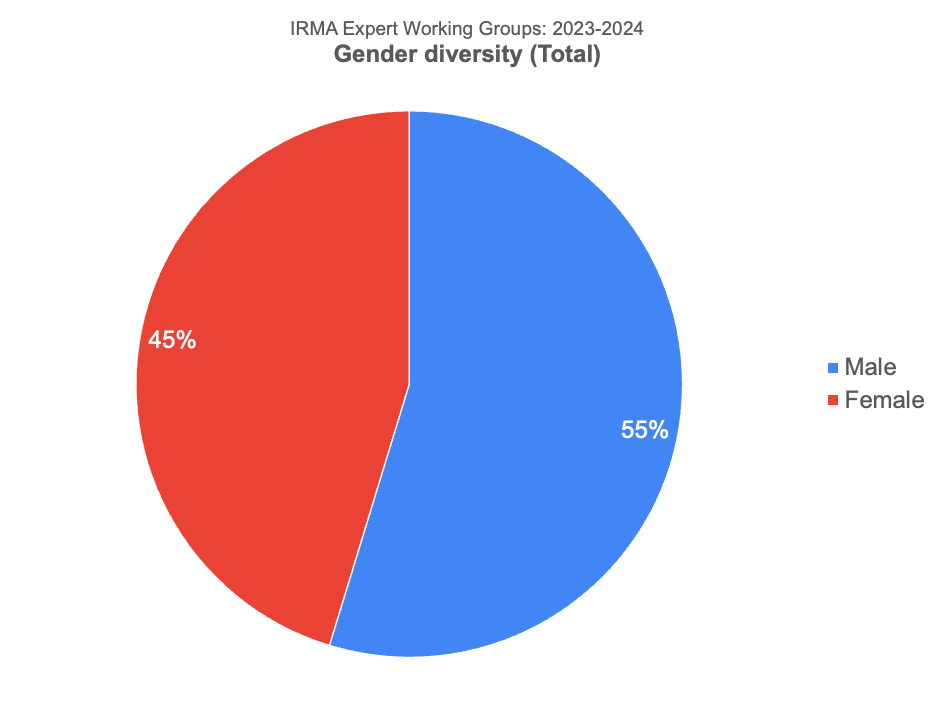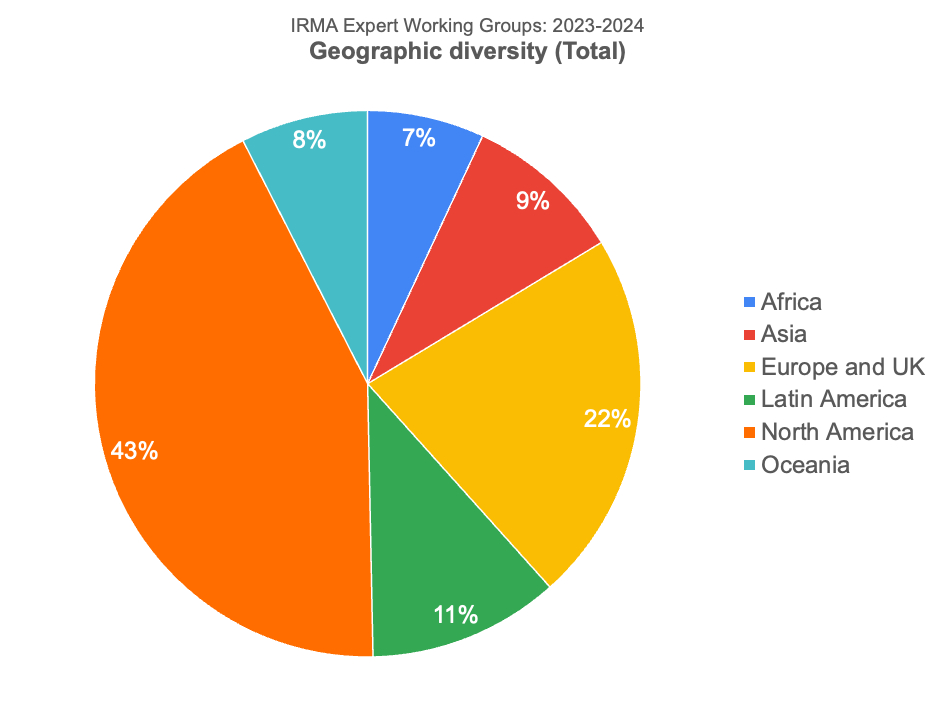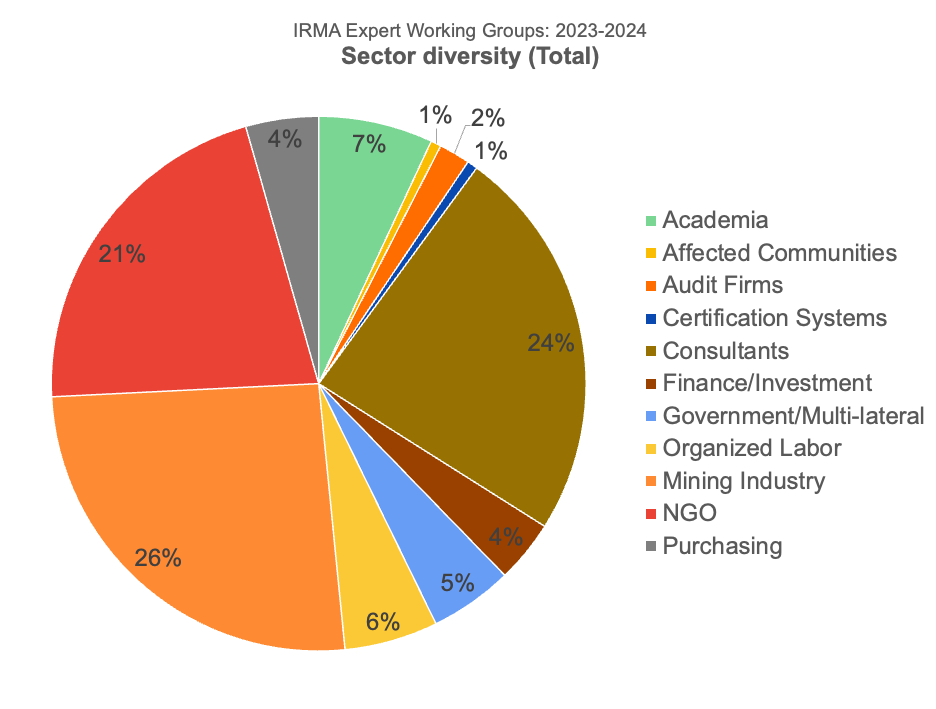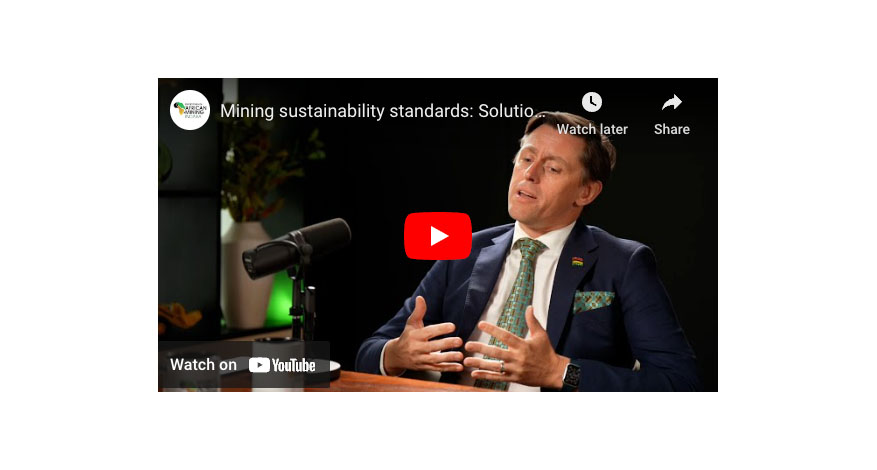Arcadium Lithium’s Fenix Lithium Mine Completes IRMA Audit
Becomes first operation in Argentina to be audited against the world’s only equally governed mining standard
26 February 2025 – Today the Initiative for Responsible Mining Assurance (IRMA) released the audit report of Arcadium Lithium’s Fenix Mine against the IRMA Standard for Responsible Mining. The Fenix Mine is the first operation in Argentina to release an IRMA audit report, measuring performance against the world’s most comprehensive standard describing best practices for mining.
While the audit report is being released today, providing detailed results describing performance on a broad range of issues, Fenix’s overall achievement level is pending final assessment of Chapter 2.2, Free, Prior and Informed Consent.
Apart from pending final assessment of Chapter 2.2, the results of Fenix’s audit meet the requirements for at least IRMA 50.
As noted in the audit report, relevant information related to Chapter 2.2 was gathered and reviewed by the auditors during the assessment period, and Arcadium Lithium was fully collaborative, supportive and transparent throughout the process. However, the independent audit firm SCS Global Services determined that additional testimonies and more in-depth interviews were necessary to fully assess Fenix’s performance against this chapter. This chapter, along with all critical items, will be evaluated during the IRMA surveillance audit at the Fenix Lithium Mine. The surveillance audit is required within 12–18 months after the initial audit report’s publication.
The Fenix audit occurred over a span of three years, starting on February 15, 2022, with the announcement of the independent, third-party audit, which includes time that the company invested in continuing improvement throughout the review process. Rather than further delay disclosure of valuable information related to other aspects of social responsibility, environmental responsibility, business integrity and planning for positive legacies, Arcadium Lithium, IRMA and SCS Global Services agreed to publish the audit report. The full audit report is available on the Fenix Mine audit page on the IRMA website.
“We began the IRMA process with clear objectives: to help drive transparency in our industry, foster better engagement with community and Indigenous stakeholders, and gain insights to improve every aspect of our operations. The publication of the Fenix audit report is an important milestone in our ongoing commitment to these goals.”
“The report describes the unique profile of our Fenix operation at the Salar del Hombre Muerto in Catamarca, Argentina, where we have been producing lithium for more than 27 years. It reflects our team’s desire and efforts to build a positive legacy and pursue opportunities for continuous improvement. We remain as focused as ever on responsible lithium production and would like to thank the team at IRMA, SCS Global Services and all of our stakeholders who contributed to this journey thus far.” — Paul Graves, president and CEO of Arcadium Lithium.
Including Fenix, 22 industrial-scale mines worldwide are within the IRMA independent assessment system. After an initial self-assessment, a participating mine engages a third-party audit firm — trained and approved by IRMA — to conduct a detailed independent evaluation, including on-site visits to the mine and nearby communities. Following the release of the initial audit, a surveillance audit checks on the mine’s performance. Three years after the initial audit, the operation is fully audited again.
“Through detailed IRMA audit reports, mining companies, communities and companies that purchase mined materials can gain the information they need to decide what’s going well — and where improvements can be made — at specific mines. Independent evaluation against a rigorous standard that is equally governed by the people most affected by mining can reduce negative impacts, improve benefits sharing, and reduce conflict.” — Aimee Boulanger, Executive Director of IRMA.
As the IRMA Standard is recognized and adopted around the globe, these audits are important steps in a deepening dialogue between mining companies and those potentially impacted by their operations. Because the IRMA process is always improving from the experience of the most recent audit, audit results should be reviewed and interpreted accordingly.
“If the results don’t fully reflect the experience of communities, Indigenous rights holders or other stakeholders groups, we want to hear from them. We’ll help them communicate with the company and with the auditors on any issues they feel were overlooked in the review. This is a cornerstone of our own commitment to transparency. We invite anyone who has criticisms of our work to join us in making it better. Finding ways to improve is built into our system — and a measure of its success.” — Aimee Boulanger.
The independent IRMA system is the only global mining standard that provides equal power to the public sector (communities and Indigenous rights holders, mine workers, and environmental and human rights advocates) alongside the private sector (mining companies, mined materials purchasers and investors).
For More Information:
- Aimee Boulanger, Executive Director
Adan Olivares Castro, Regional Lead, Americas and the Caribbean
contact@responsiblemining.net +1.360.217.9080 (WhatsApp) - Fenix Mine audit packet: https://responsiblemining.net/fenix-packet
- Fenix Mine IRMA audit page: https://responsiblemining.net/fenix

